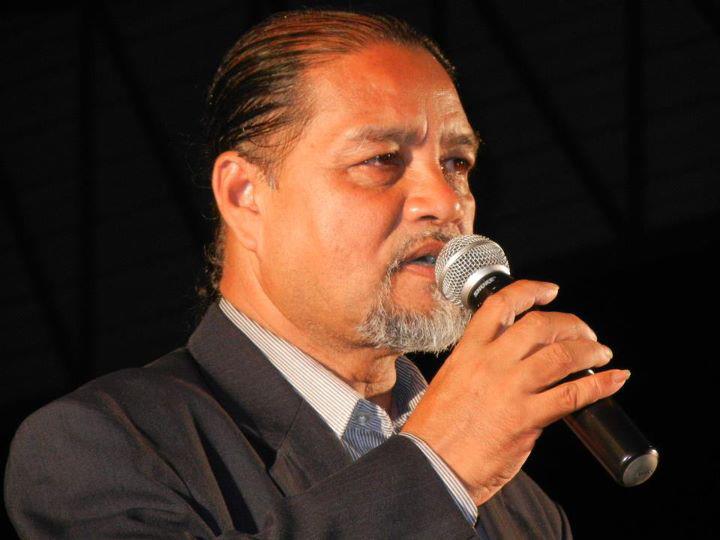KUALA LUMPUR, April 10 — A Malacca Portuguese-Eurasian group has rejected a report claiming that Kristang is dying, but acknowledged that the community’s five centuries old language is in decline.
Malacca Portuguese-Eurasian Association (MPEA) president Michael Singho said Kristang — which evolved into a creole of Portuguese and Malay after the Portuguese conquest of Malacca in 1511 — is used by more than 1,000 speakers in Malacca, another 2,000 in the rest of the country, more than 100 in Singapore, and over 200 in Australia.
“Yes we in Malacca/ Malaysia do accept that the language is in decline but it is definitely not dying, not with ongoing efforts of not only preserving it but also enhancing and revitalising it,” Singho told Malay Mail Online in a recent email interview.
He said the Malacca Portuguese-Eurasian community has been composing songs in Kristang, translating English lyrics from classic and contemporary songs into their language, producing music tapes and CDs, and including hymns in the language in Catholic Mass and prayer sessions.
The community has also been writing glossaries and dictionaries, besides holding classes and discussions to encourage greater engagement with Kristang, especially among the young.
“Recently the MPEA had a shot in the arm by Universiti Malaya through its Faculty of Linguistics that [helped] fund two important projects:
“One in the production of Catholic prayers in PortuguesMalaka and another in the production of the book Beng Prende PortuguesMalaka (Papia Cristang) that formulated the written form of the language and provided a learning aid for the re-familiarising of the language and for those who want to learn how to speak and write it,” said Singho, adding that the book was launched in February.
He also said the MPEA was setting up a PortuguesMalaka Language Council to regulate discussion on matters related to Kristang, including vocabulary expansion.
“We are definitely doing whatever is possible to keep PortuguesMalaka (Papia Cristang) alive and are constantly vigilante on the preservation of its identity purpose, characteristics and dignity,” said Singho.
UK broadcaster BBC News reported last month the efforts of a group of language enthusiasts in Singapore to revive Kristang, which it described as a “dying” language that is mostly spoken and rarely recorded.



















